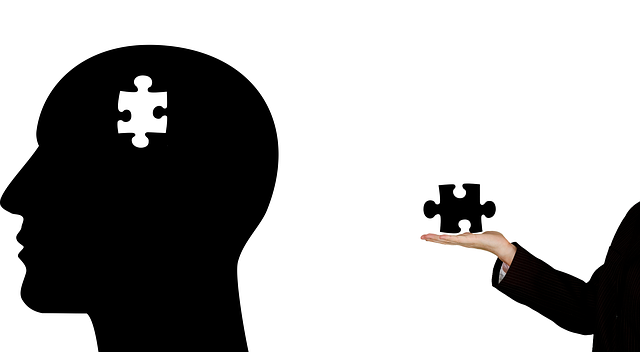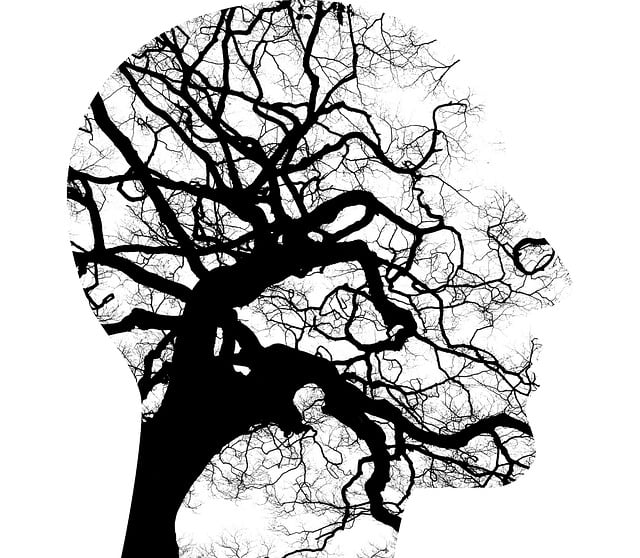Unchecked gambling among adolescents poses significant risks to their mental wellness, leading to issues like depression and suicidal thoughts. Comprehensive therapy tailored to young gamblers is crucial, incorporating journaling, resilience-building, and self-esteem improvement strategies. Effective public awareness campaigns, strategically planned and using evidence-based methods, can reach teens through popular culture, social media, and engaging multimedia content, normalizing mental health conversations and providing accessible resources. Evaluating campaign success through both quantitative (surveys, focus groups) and qualitative (interviews, observation) methods is essential for refining strategies targeting therapy for adolescent teens gambling.
Public awareness campaigns play a pivotal role in addressing the growing concern of adolescent teen gambling. With a focus on prevention and early intervention, these initiatives aim to educate youth, parents, and communities about the risks and impacts of gambling. This article delves into the development of such campaigns, exploring strategies to combat a problem that demands attention. We examine the prevalence and consequences of teenage gambling, highlighting the critical role of public education in providing therapy and guiding at-risk teens towards healthier choices.
- Understanding Adolescent Teen Gambling: Prevalence and Impact
- The Role of Public Awareness in Addressing Youth Gambling
- Developing Effective Campaign Strategies for Targeted Audiences
- Creative Approaches to Engage Teens and Their Communities
- Measuring Success: Evaluation Methods for Public Awareness Campaigns
Understanding Adolescent Teen Gambling: Prevalence and Impact

Gambling among adolescents is a growing concern with significant implications for their mental wellness. Recent studies indicate a startling rise in underage gambling, with teens engaging in activities ranging from online betting to casino visits. This trend raises alarms about the long-term effects on young minds, particularly when left unchecked. The impact of adolescent gambling extends beyond financial losses; it can lead to severe psychological issues, including depression, anxiety, and even suicidal thoughts.
Understanding this problem requires a holistic approach, where therapy for adolescent teens gambling plays a pivotal role. Guidance through mental wellness journaling exercises and resilience-building activities can help teens process their experiences and develop healthier coping mechanisms. Moreover, self-esteem improvement strategies are essential to restoring their sense of control and empowering them to make better choices in the future.
The Role of Public Awareness in Addressing Youth Gambling

Public awareness campaigns play a pivotal role in addressing youth gambling by shedding light on its risks and promoting responsible behavior. This is crucial as adolescence is a vulnerable period when peers influence decision-making, and emotional well-being promotion techniques can be easily exploited by gambling industries targeting younger audiences. By integrating Mental Health Awareness into these campaigns, we can create safe spaces for teens to discuss their experiences and seek therapy for adolescent teens gambling.
The development of Mental Wellness Coaching Programs specifically tailored for young individuals can further reinforce resilience against problematic gambling habits. These programs, coupled with robust public awareness initiatives, aim to foster healthier coping mechanisms and stress management skills in adolescents, thereby reducing the allure of gambling as a means of escape or excitement.
Developing Effective Campaign Strategies for Targeted Audiences

Developing effective public awareness campaigns for sensitive issues like therapy for adolescent teens gambling requires strategic planning and tailored messaging. To reach targeted audiences, campaign creators must understand their demographics, psychographics, and unique challenges. For example, when addressing gambling among teens, it’s crucial to consider their age, developmental stage, and access to online platforms, as these factors influence how they engage with information and support services.
By incorporating evidence-based strategies such as Mental Wellness Journaling Exercise Guidance or Burnout Prevention Strategies for Healthcare Providers who may be involved in referrals, campaigns can offer comprehensive solutions. Additionally, building empathy through storytelling and sharing personal experiences related to gambling addiction can foster understanding and encourage help-seeking behaviors. Effective campaign strategies also emphasize the importance of normalizing conversations around mental health, creating safe spaces for teens to share their struggles, and providing accessible resources that cater to their specific needs.
Creative Approaches to Engage Teens and Their Communities

In today’s digital era, engaging teens and their communities requires innovative strategies to address pressing issues like therapy for adolescent teens gambling. Creative approaches that tap into popular culture, social media, and interactive platforms can effectively communicate the risks and promote mental health awareness. By leveraging these channels, public awareness campaigns can foster empathy building strategies and emotional intelligence, ensuring messages resonate with younger audiences.
Integrating Empathy Building Strategies within these campaigns is crucial to fostering a sense of community responsibility towards adolescent well-being. Mental Health Awareness initiatives that incorporate real-life narratives, peer support, and engaging multimedia content have proven to be powerful tools in reaching teens where they are most active – online and offline social networks. This approach not only educates but also empowers teens to take charge of their emotional intelligence and seek help when needed.
Measuring Success: Evaluation Methods for Public Awareness Campaigns

Evaluating the success of public awareness campaigns is crucial to understanding their impact and effectiveness in reaching target audiences. When it comes to sensitive issues like gambling among adolescent teens, precise evaluation methods are essential. One effective approach involves quantitative data collection through surveys and focus groups before and after the campaign to gauge changes in perception and behavior. By comparing responses, campaign organizers can measure the success of their efforts in raising awareness and promoting responsible gaming habits.
Additionally, qualitative methods such as in-depth interviews and observation studies can provide valuable insights into the impact on mental wellness. This includes exploring how the campaign influences teens’ self-awareness exercises and their ability to employ conflict resolution techniques when faced with gambling temptations. By integrating these evaluation strategies, public awareness campaigns for therapy among adolescent teens gambling can be refined and tailored to better serve at-risk populations.
Public awareness campaigns play a pivotal role in addressing the growing concern of adolescent teen gambling. By understanding the prevalence and impact of this issue, we can effectively utilize targeted strategies to engage teens and their communities. Creative approaches, such as leveraging social media and community events, prove essential in raising visibility and promoting responsible gaming habits. Evaluation methods ensure these campaigns measure success, ultimately contributing to the development of tailored therapies for adolescent teens struggling with gambling addiction.









